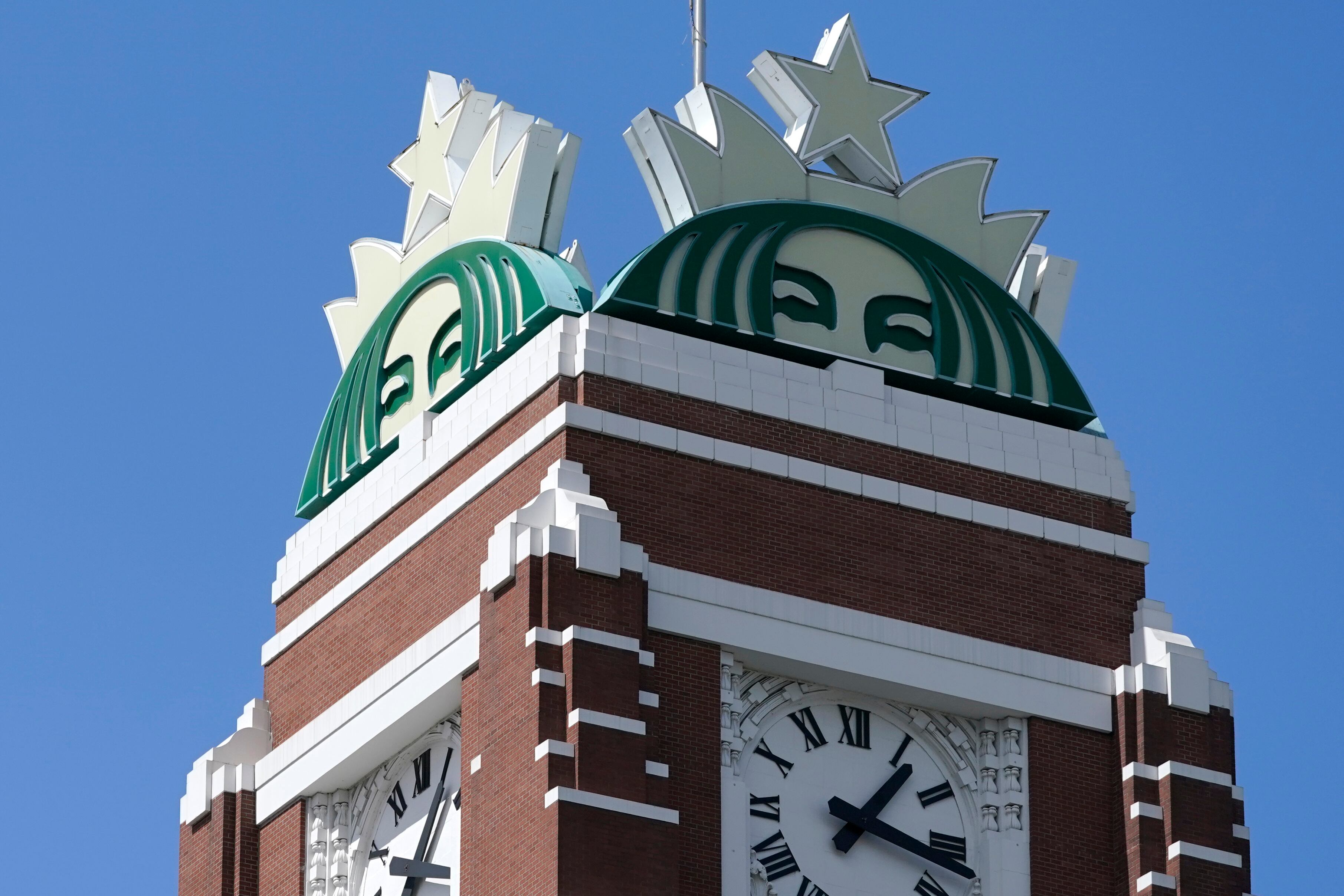The economy’s growth was humming along in the final three months of 2023 — a breezy 3.4 percent increase in GDP kept the smell of optimism in the air. But the figures for the first quarter of 2024 weren’t so rosy. They showed growth of just 1.6 percent, almost one full percentage point below the 2.4 percent estimate.
Why were the figures so much lower than expected? Let’s explore the results and see what it might mean for the U.S. economy in 2024.
The Surge in Imports
For starters, one element of the economy gets subtracted from GDP: imports. The higher the imports are in a given quarter, the greater the amount subtracted from the other components of GDP which include:personal consumption expenditures, gross private domestic investment and government consumption expenditures. This can throw off the numbers because it suggests the U.S. is buying goods rather than producing them. That was the case in Q1 of 2024, in which “a surge of imports…reduced first-quarter growth,” according to the Associated Press.
Imports are also highly volatile. The import numbers can swing wildly from one quarter to the next — and in this case, higher imports meant lower GDP numbers.
Paul Ashworth of Capital Economics told the Associated Pressthat import numbers — combined with inventory numbers — can be volatile. “There is still a lot of positive underlying momentum,” he told the AP.
An Economic Slowdown?
Not everyone shared a completely sunny view of where the U.S. economy was headed in 2024. Economists believe the overall numbers reflect a slowdown in the U.S. GDP. “Clearly this is a notable slowdown,” Claudia Sahm, chief economist at New Century Advisors, told the Washington Post.
However, Sahm also laid out the context for why this might not mean a disastrous downturn. “Growth has stepped down a bit…[but] you have to pick your head up and look at the context: We have an economy that’s still really working for consumers.”
The major stock indices in the U.S. fell on the news. The Nasdaq and Dow Jones Industrial were both down about 1.6 percent on Thursday. There’s clearly some fear in the market that GDP growth’s slowing could have negative impacts.
Implications for the Future of the U.S. Economy
Declining economic numbers tend to mean that the Federal Reserve wants to treat the economy gently in the short term. That means carefully using its primary leverage tool: interest rates. According to Reuters, that means that interest rates will likely stay put when the U.S. central bank has its policy meeting on Wednesday.
Why raise rates if the GDP numbers show slowing growth? Daniel Vernazza, chief international economist at UniCredit, told Reuters that while the Fed may agree with Ashworth’s interpretation that there’s underlying momentum in the economy, even higher import numbers can be a reason to exercise caution. “The Fed will likely see the GDP report as solid,” said Vernazza. “While the upward surprise to inflation will support the central bank’s case for waiting longer before cutting rates.”
In other words, there’s reason for both caution and optimism — which tends to mean that rates will stay put. Low unemployment rates mean people remain at work. And, even after accounting for inflation, high disposable incomes show that people have a bit more cushion than the GDP numbers might reflect. For now, the Fed appears geared to stay put, waiting for more economic numbers to better tell where the U.S. economy is headed after a sluggish first quarter.













